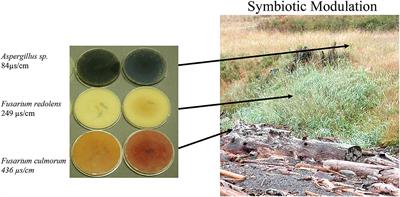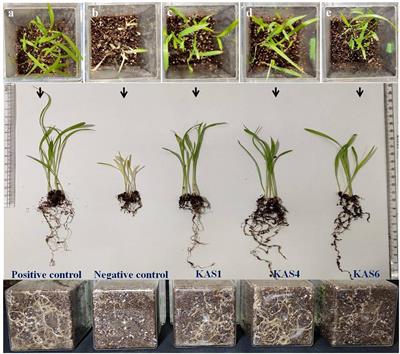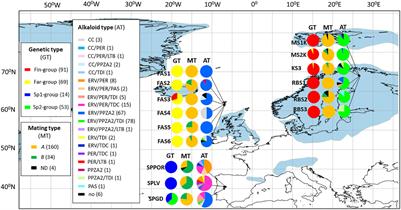EDITORIAL
Published on 08 Jul 2022
Editorial: Seed Microbiome Research
doi 10.3389/fmicb.2022.943329
- 3,817 views
- 8 citations
15k
Total downloads
66k
Total views and downloads
EDITORIAL
Published on 08 Jul 2022
ORIGINAL RESEARCH
Published on 23 Jun 2022

ORIGINAL RESEARCH
Published on 07 Mar 2022

ORIGINAL RESEARCH
Published on 11 Jan 2022

ORIGINAL RESEARCH
Published on 04 Jan 2022

ORIGINAL RESEARCH
Published on 04 Jan 2022

ORIGINAL RESEARCH
Published on 09 Dec 2021

ORIGINAL RESEARCH
Published on 03 Dec 2021

ORIGINAL RESEARCH
Published on 03 Dec 2021

ORIGINAL RESEARCH
Published on 15 Nov 2021

ORIGINAL RESEARCH
Published on 22 Oct 2021

ORIGINAL RESEARCH
Published on 05 Aug 2021
